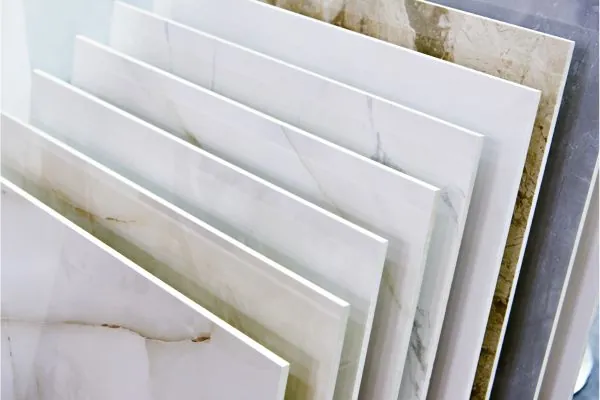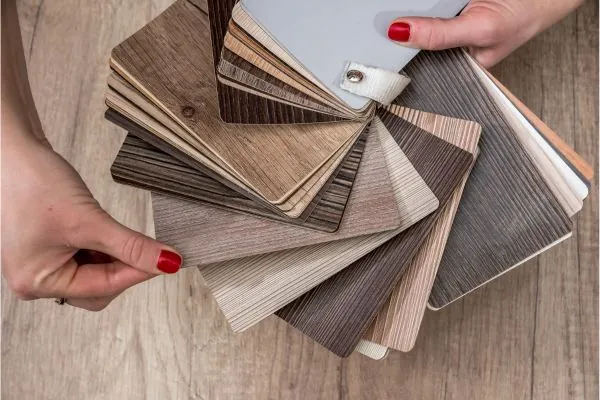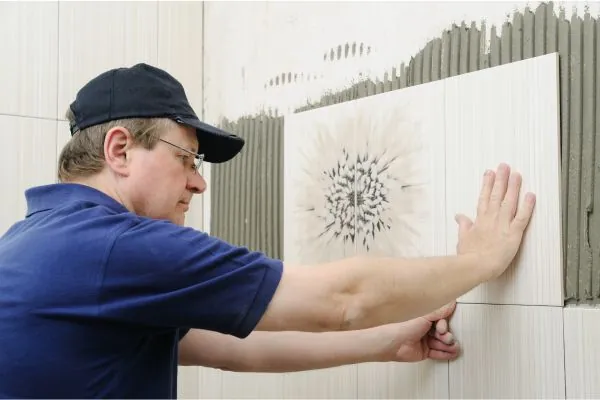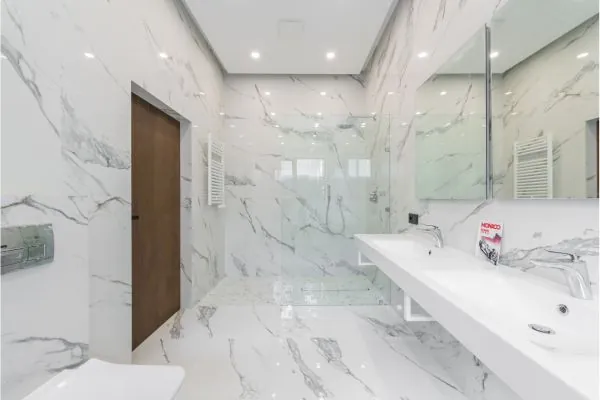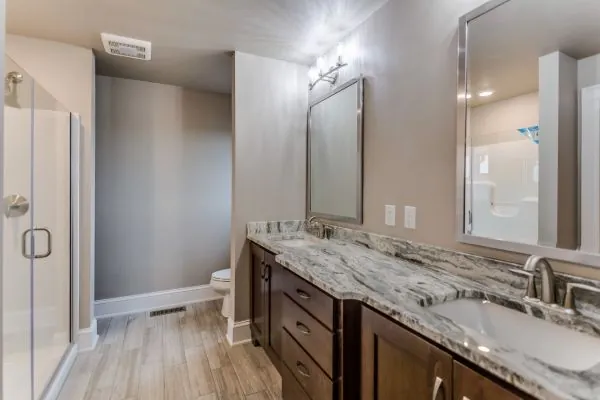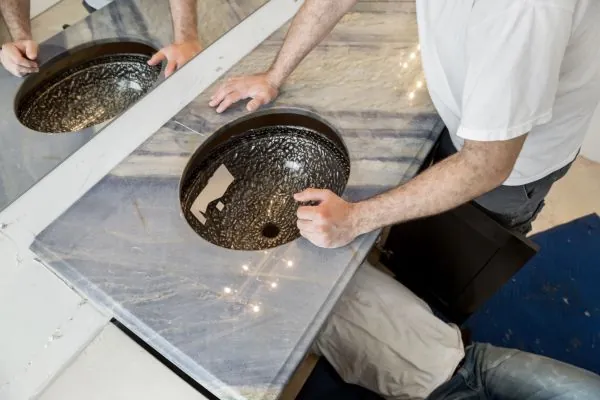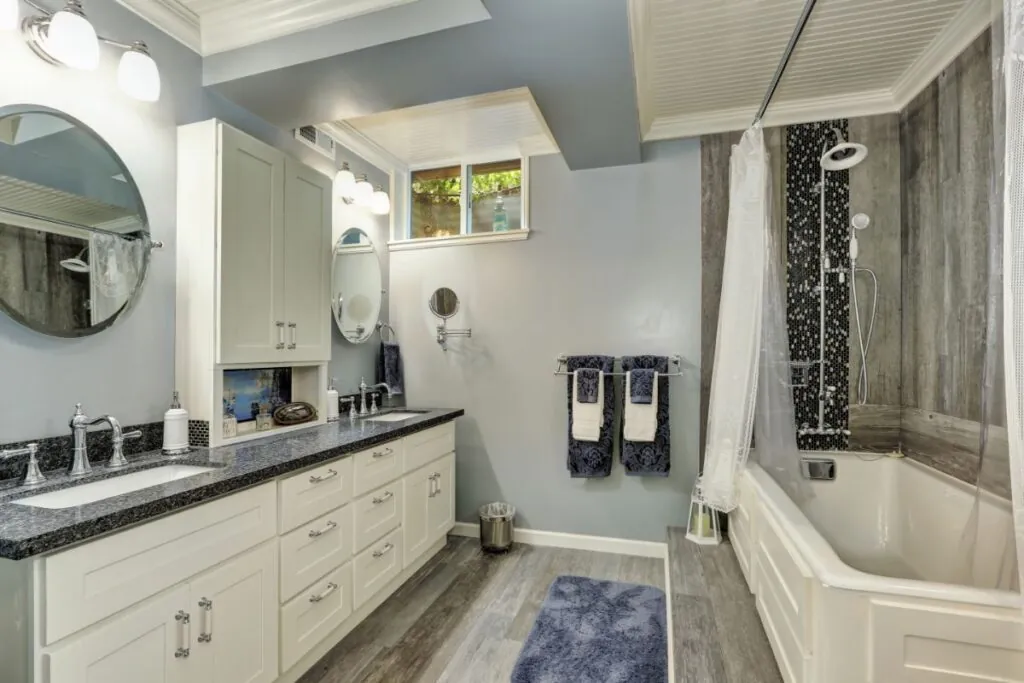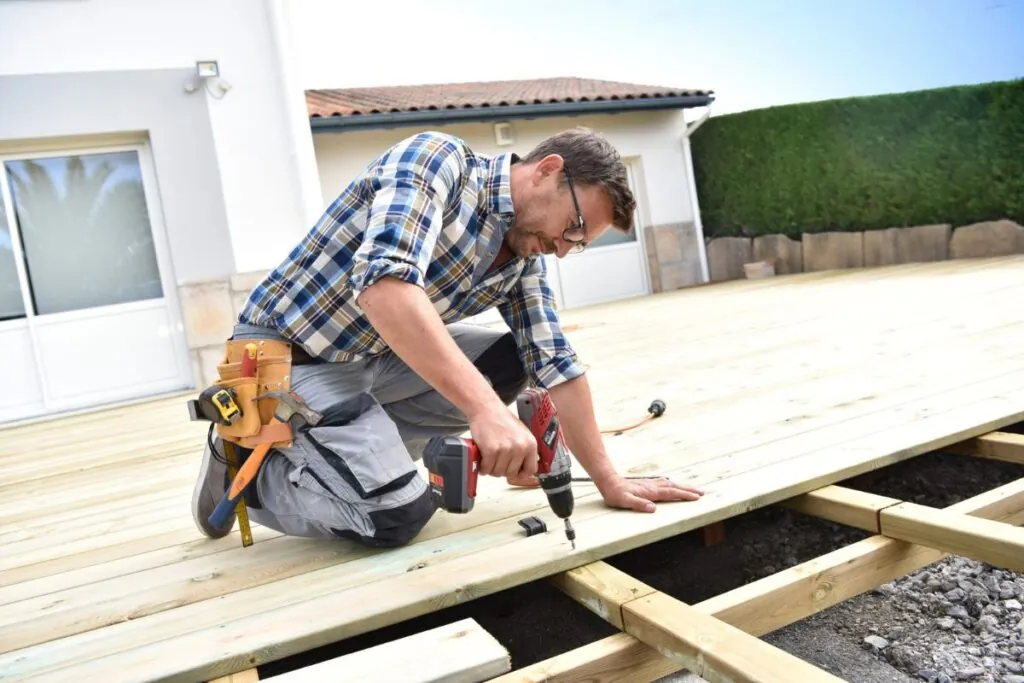When it comes to a bathroom remodel, selecting suitable materials is one of your most important decisions. Bathrooms are high-moisture environments that require durable and water-resistant materials to ensure longevity and functionality. Every material must balance aesthetics, practicality, and maintenance, from flooring to countertops. At Grand Finish Remodeling, we’ve spent years helping homeowners in MetroWest, MA, choose the best bathroom remodel materials to create spaces as beautiful as they are functional. In this guide, we’ll explore durable and moisture-resistant options, compare their pros and cons, and provide insights into how to make the right choices for your bathroom.
The Importance of Choosing the Right Materials
Bathrooms endure more wear and tear than most other rooms in the home. With constant exposure to water, humidity, and fluctuating temperatures, the materials you choose must withstand these challenges. Poor-quality or improperly selected materials can lead to costly issues like water damage, mold, and discoloration. Additionally, selecting suitable materials protects your investment and enhances your home’s value and visual appeal.
For instance, opting for durable tiles or countertops can reduce the need for frequent repairs or replacements, saving you time and money in the long run. Beyond practicality, the suitable materials also help establish your bathroom’s overall look and feel. Whether you’re aiming for a sleek, modern aesthetic or a warm, rustic vibe, your choice of materials will define the space’s personality. At Grand Finish Remodeling, we ensure that every material we use meets the highest standards of quality and design. Find the best materials for bathroom remodel projects with help from our skilled and experienced team!
Flooring Options for Bathroom Remodels
1. Ceramic and Porcelain Tiles
Ceramic and porcelain tiles are among the most popular bathroom flooring options, and for good reason. They combine durability, water resistance, and design flexibility, making them an excellent choice for high-moisture environments. Porcelain tiles, in particular, are denser and less porous than ceramic, making them even more resistant to water and stains.
Pros: Ceramic and porcelain tiles come in various colors, patterns, and textures, allowing for endless customization. They are easy to clean and maintain, requiring only regular sweeping and occasional mopping to keep them looking new. Additionally, they can mimic the appearance of natural stone or wood at a fraction of the cost.
Cons: While they are a durable and moisture-resistant bathroom option, tiles can feel cold underfoot, which may be uncomfortable in colder climates. This can be mitigated by installing radiant heating beneath the tiles. They can also be slippery when wet, so choosing textured or non-slip finishes is essential for safety.
With their versatility and long-lasting durability, ceramic and porcelain tiles remain a popular choice for homeowners who want both style and substance.
2. Luxury Vinyl Flooring
Luxury vinyl flooring has recently gained popularity as a budget-friendly, moisture-resistant alternative to traditional flooring materials. It mimics the appearance of hardwood or stone, offering the aesthetic appeal of these materials without their associated drawbacks in wet environments.
Pros: Luxury vinyl is soft underfoot, making it more comfortable than tile or stone. It’s also highly resistant to water and stains, making it ideal for bathrooms. Installation is relatively easy, and it is available in various styles and finishes to suit any design.
Cons: Luxury vinyl is durable but may not offer the same premium appearance as natural materials due to the inherent man-made look some materials have. It is also more susceptible to scratches from sharp objects, compromising its finish over time.
For homeowners seeking a cost-effective yet stylish flooring solution, luxury vinyl is an excellent option that doesn’t compromise performance.
Wall and Shower Materials
1. Ceramic and Porcelain Tiles
Tiles are not just for floors but also a staple for walls and shower enclosures. Large-format tiles are trendy for creating a seamless, modern look with fewer grout lines. These highly customizable materials allow intricate patterns or minimalist designs to suit your taste.
Pros: Ceramic and porcelain tiles are water-resistant, easy to clean, and available in various designs. They’re also extremely durable, withstanding years of use without significant wear.
Cons: The installation process can be labor-intensive, requiring skilled professionals to ensure a flawless finish. Additionally, grout lines may require periodic cleaning to prevent discoloration or mold buildup.
2. Natural Stone
Pros: Natural stone is incredibly durable and adds a timeless, sophisticated look to any space. It’s also highly heat-resistant, ideal for countertops or accent walls.
Cons: Stone requires regular sealing to protect it from moisture and stains. It is also one of the more expensive materials, making it less accessible for budget-conscious homeowners.
Natural stone is perfect for homeowners who value luxury and are willing to invest in maintenance to preserve its beauty.
Countertop Materials
1. Quartz
Quartz countertops are among the most durable and low-maintenance options available for bathrooms. Unlike natural stone, quartz is engineered to be non-porous, making it resistant to stains, bacteria, and one of the popular moisture-resistant bathroom options.
Pros: Quartz is available in a wide range of colors and patterns, often mimicking the look of granite or marble. It doesn’t require sealing, making it a practical choice for busy households.
Cons: Quartz tends to be more expensive than other materials, but its durability and ease of maintenance make it a worthwhile investment.
2. Granite
Granite countertops remain popular for homeowners who value natural beauty and durability. Each slab of granite is unique, ensuring a one-of-a-kind finish.
The Pros: Granite is heat-resistant and scratch-proof, making it ideal for bathrooms. With proper sealing, it is also water-resistant and easy to maintain.
The cons: Granite, like natural stone, requires regular sealing to protect against moisture and staining. It is also heavier than quartz, which may require additional support during installation.
Moisture-Resistant Paint and Finishes
Moisture-resistant paint is a must. Satin or semi-gloss finishes are particularly effective for walls and ceilings in repelling water and preventing mold or mildew. These finishes are easy to clean and maintain, making them ideal for high-moisture areas. Investing in quality paint ensures your walls remain vibrant and damage-free for years.
Call to Action
Choosing the proper bathroom remodel materials is critical to achieving a durable and beautiful space. At Grand Finish Remodeling, we specialize in helping homeowners in MetroWest, MA, find the perfect materials for their unique needs and preferences. Explore our range of bathroom remodeling services and bathroom tile and countertop choices today. Let our experts guide you every step of the way. Contact us today to start planning your dream bathroom!
FAQs


